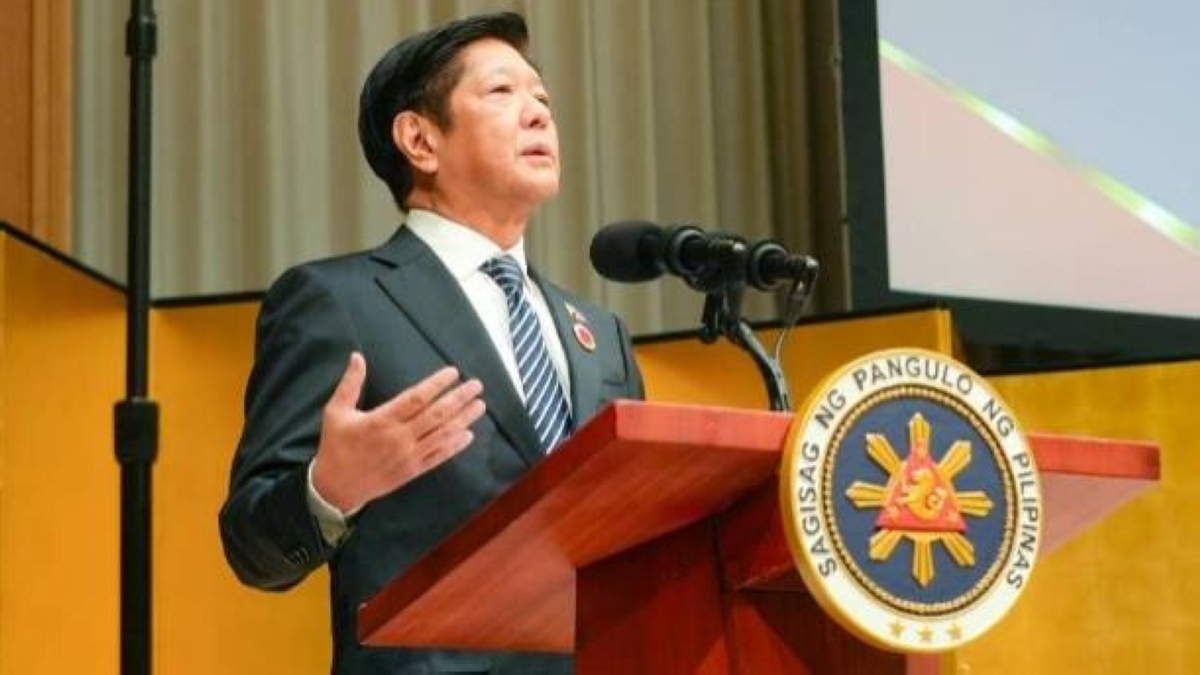President Ferdinand Marcos Jr. has recently signed seven laws that will bring significant upgrades to two higher education institutions (HEIs) and allow five other universities to establish their own college of medicine. These new laws, signed on December 20, aim to enhance and expand the capacities of these HEIs in different provinces across the country.
One of the laws, Republic Act (RA) 11968, grants the conversion of the San Isidro Satellite campus of the Leyte Normal University (LNU) in San Isidro, Leyte, into a regular campus. This newly established campus will now be referred to as the “LNU-San Isidro Campus.” Similarly, RA 11969 converts the Bataan Peninsula State University (BPSU)-Bagac Extension Campus in Bagac, Bataan, into a regular campus to be known as the “BPSU-Bagac Campus.”
In addition to these upgrades, the President also signed laws that establish Colleges of Medicine in different provinces. These include the Benguet State University-College of Medicine (RA 11970) in La Trinidad, Benguet, and the Southern Luzon State University-College of Medicine (RA 11971) in Lucban, Quezon. Furthermore, RA 11972 establishes the University of Eastern Philippines-College of Medicine in Catarman, Northern Samar, while RA 11974 establishes the Visayas State University-College of Medicine in Baybay, Leyte.
With the implementation of these new laws, the HEIs mentioned above can now proceed with offering a Doctor of Medicine Program, including an Integrated Liberal Arts and Medicine Program. This will help develop a corps of professional physicians and strengthen the country’s healthcare system. The laws also aim to address the human resource development needs of their respective provinces, ensuring that quality healthcare professionals are available to serve the local communities.
In addition to these developments in the field of medicine, President Marcos Jr. also signed into law RA 11973, which establishes the Bicol University-College of Veterinary Medicine in Ligao City, Albay. This new college will produce a corps of professional veterinary physicians who are skilled in the prevention, diagnosis, treatment, and control of animal diseases, including terrestrial and aquatic animals.
It is important to note that these laws were signed on December 20, but the copies were only released to the media recently. The new laws will take effect 15 days after their publication in the Official Gazette or a newspaper of general circulation.
These significant upgrades and establishments in higher education institutions and the field of medicine reflect the government’s commitment to improving the country’s educational and healthcare systems. By providing more opportunities for students and professionals in these areas, the government aims to enhance the overall well-being and development of the nation.
The signing of these laws is a testament to the government’s dedication to investing in the future of education and healthcare in the Philippines. It is a step towards ensuring that the country has a well-trained and competent workforce in these critical sectors. The upgrades and establishments will not only benefit the provinces where the HEIs are located but will also contribute to the overall progress and development of the nation.
As these new laws take effect, it is expected that the HEIs and colleges of medicine will work diligently to implement the necessary programs and initiatives to fulfill their respective mandates. This will ultimately result in the production of highly skilled professionals who will contribute to the advancement of the healthcare and veterinary sectors in the Philippines.
In conclusion, the signing of these seven laws by President Ferdinand Marcos Jr. marks a significant milestone in the upgrading of higher education institutions and the establishment of colleges of medicine in different provinces. These developments will not only enhance the educational and healthcare systems but will also contribute to the overall progress and development of the nation.







